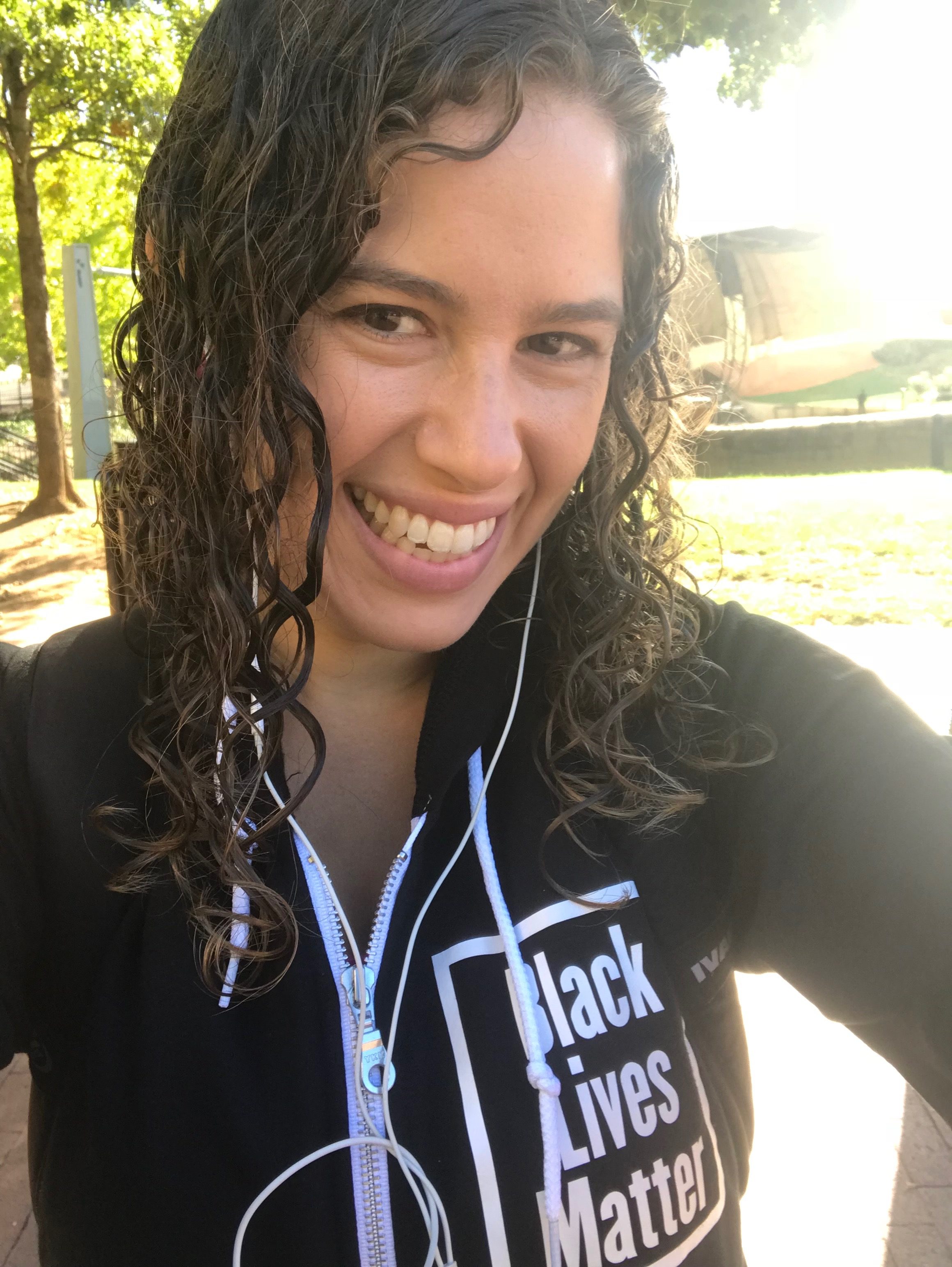Alas, I never actually hosted a Sex Ed bookclub, but I would like to discuss the Twilight series by Stephenie Meyer. I read these novels because so many of my students absolutely love them. The story both thrilled and appalled me, and here is a little bit about why.
Brief summary: Edward, a century-old teenage vampire, falls in love with Bella, a local human high school student. The smell of her blood draws him in, and his urge to drink her blood is drastically opposed to his urge to protect her mortal life. This focus on Edward’s control over Bella’s mortality, his literal ability (demonstrated many times over) to save her life or take it, drives much of the tension in the series.
Edward positions himself as Bella’s protector. Now, I’ve heard many people complain about Bella for being so vulnerable, dependent, and ready to give in. But how can his seductive (manipulative?) words and actions be her fault? We can’t blame Bella.
Bella recognizes the power imbalance in her relationship with Edward and speaks out against it. She repeatedly points out to Edward that he should not be the only one in the relationship who has power. She doesn’t want a relationship based on his constantly saving her from various dangers. But although she sees this problem, she does not know what to do about it.
Bella does not know how to develop a healthy relationship between a vampire and a human. She does not have the language or the skills to articulate what kind of relationship dynamic she wants and how she can get that. She does not even know why balancing the power between them feels important to her.
What does she do? She blames herself. She thinks, “Well, if I’m the weak one, then something is clearly wrong with me, so I should change.” She starts begging Edward to make her into a vampire. (He has the power to do this — he controls her very humanity, remember?) As a vampire, she dreams, she can be as powerful as he is, and their power imbalance can be righted.
Bella blames herself, but we know better. We have to show her that it’s not her fault. Even if he has more raw power than she does, even if he is stronger and wealthier and more attractive, it is his responsibility to renounce that power if he wants a healthy relationship with her. He must control himself to keep himself from controlling her, and he must make room for her agency. He needs to work to ensure that they are both equal partners, sharing decisions, communicating openly, and both giving support to the other and receiving support themselves. If Edward can not manage his power so that Bella can achieve equal partnership, then he should not be dating her.
When one partner in a dating relationship attempts to use their power to control the other partner, it’s called abuse. Why in this case is it called romance? Furthermore, how does presenting such a power imbalance as the ultimate in love and romance affect the children and teenagers who cherish these books? We need to help our children understand that it’s not Bella who needs to change what she’s doing and how she’s living, it’s Edward.

Holy Foolish says:
Interesting post! I want to comment on it, tho i feel weird since i havent actually read the books.
I just want to say that i'd still be interested in hearing an answer to the question "what should bella do?"
Yes you put the burden back on edward, which i think is an excellent reversal from how bella (and the reader) judges bella.
But, in the meantime, what should bella do?
Danny says:
Well written post! I would say more, but I haven't read the books myself either. Definitely food for discussion though.